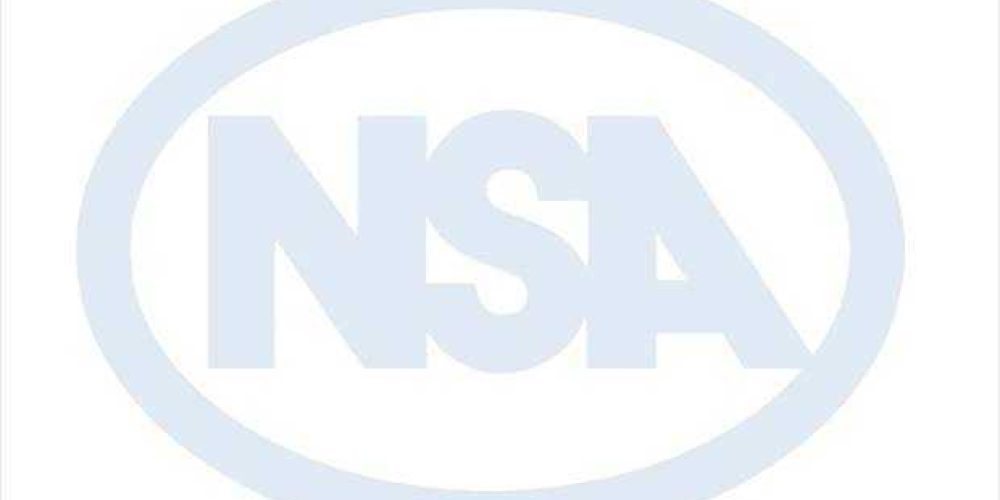
Multi-factorial nature of lamb price dip means sheep sector must remain positive
6th May 2015
There are many factors contributing to the depressed lamb price seen in recent weeks, says the National Sheep Association (NSA), meaning a change to any of these could see some relief for the sheep sector as its heads towards peak production.
Phil Stocker, NSA Chief Executive, says: “There are several factors contributing to the current situation: the strength of the pound; the economic situation on the continent; an increased New Zealand offering on our supermarket shelves; farmers in some regions lambing earlier in 2015, assisted by dry weather allowing them to sell new season lamb sooner; and a larger carry-over of old season lambs from 2014.
“While this has created an unfortunate ‘perfect storm’ to push the lamb price down, it also means that the sheep sector should not lose heart, as it would only take one or two factors to change for there to be an uplift in the price.”
Looking at the number of old season lambs (hoggs) still to come forward when many lamb producers are gearing up to supply new season lambs, NSA urges farmers not to hang onto last year’s stock unnecessarily.
He says: “NSA encourages producers to get old season lambs fit and into the food chain as soon as they are ready and meet market specifications. This will make way for new season stock coming through, as although the price for these is disappointing, it is being held back further by the carry-over of hoggs. We understand that too many overweight old season lambs have been coming through (48kg+), which undoubtedly depresses the market, so the message for the sheep sector is to get lambs fit (not fat) and get them away.”
The lacklustre trade is hard for lamb producers to swallow when the price 12 months ago was particularly good, but the strong trade last year is presumably fresh in the mind of supermarket buyers as indicators point towards them stocking up with cheaper New Zealand lamb to off-set demand for UK product.
Mr Stocker continues: “We know that plenty of New Zealand lamb is available at the moment, as the drought there is causing lambs to be sold earlier than usual, but this will not last and is not appropriate for UK retailers at a time of year when domestic production is gearing up. NSA believes it is short-sighted for supermarkets to try and avoid paying for premium UK product, as in the long-term it threatens the viability of sheep farms and the future supply of domestic product. Supermarkets have a responsibility to stock and promote UK lamb, or risk irreversibly damaging their supply base.
“This is an incredibly frustrating time for sheep farmers, but the sector should remain positive as the factors currently combining to depress trade are not permanent in nature. Some of these factors are outside all of our control but others, such as stimulating demand by increasing export market, is something the sector is working on. And one thing that is always within farmers’ control is on-farm efficiencies. Producing lamb in as cost-effective a manner as possible is crucial, regardless of what happens beyond the farm gate.”
In addition, NSA Northern Ireland Region Development Officer Edward Adamson says: “In Northern Ireland we have the added problem of long-awaited EU labelling rules being implemented in the Republic of Ireland since 1st April. The requirement for NI lambs to carry a UK origin mark has caused a large reduction in numbers of lambs going south, creating less demand and further price drops for us. The plants in the South of Ireland took 45% of NI slaughter lambs last year and we need them to stay in business, so we hope the problem can be resolved. There is some support for a voluntary label saying ‘Produced in NI and processed in the Republic of Ireland’ but we need both regions to support and get agreement on this.”
In addition, NSA Scottish Region Development Officer George Milne says: “Buying store lambs can sometimes be a bit of a gamble and we have a great deal of sympathy for any finishers who find themselves in a loss-making situation at the moment. The price has gone against them this year, but the sheep sector here is reliant on them returning again in August and September to buy store lambs out of Scotland.”
Notes to editors:-
- For more information contact NSA Communications Manager Joanne Briggs on 07807 237982 or joanne@nationalsheep.org.uk.
- The National Sheep Association is an organisation that represents the views and interests of sheep producers throughout the UK. It is funded by its membership of sheep farmers and its activities involve it in every aspect of the sheep industry. More at www.nationalsheep.org.uk and www.nsanextgeneration.org.uk

